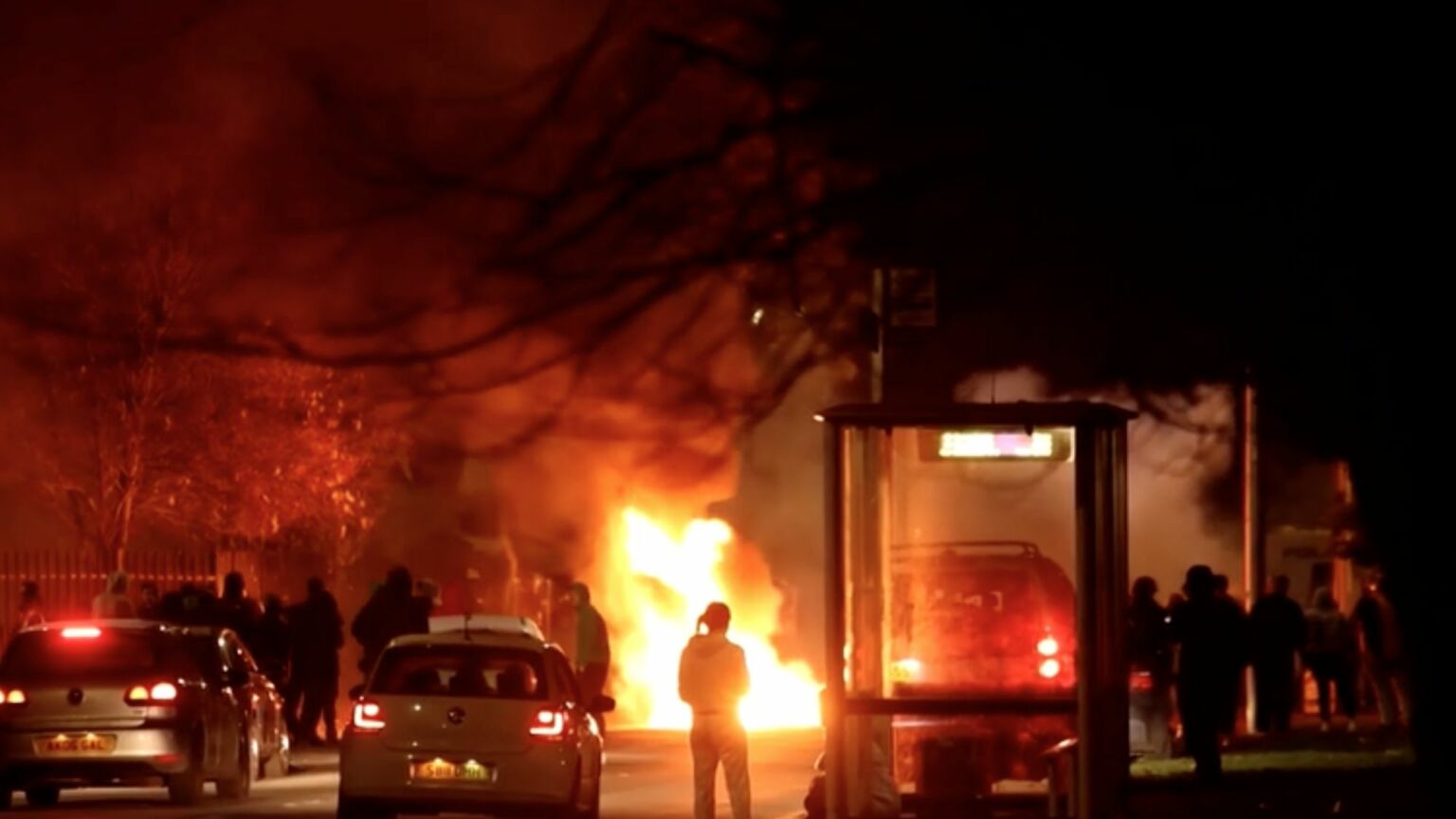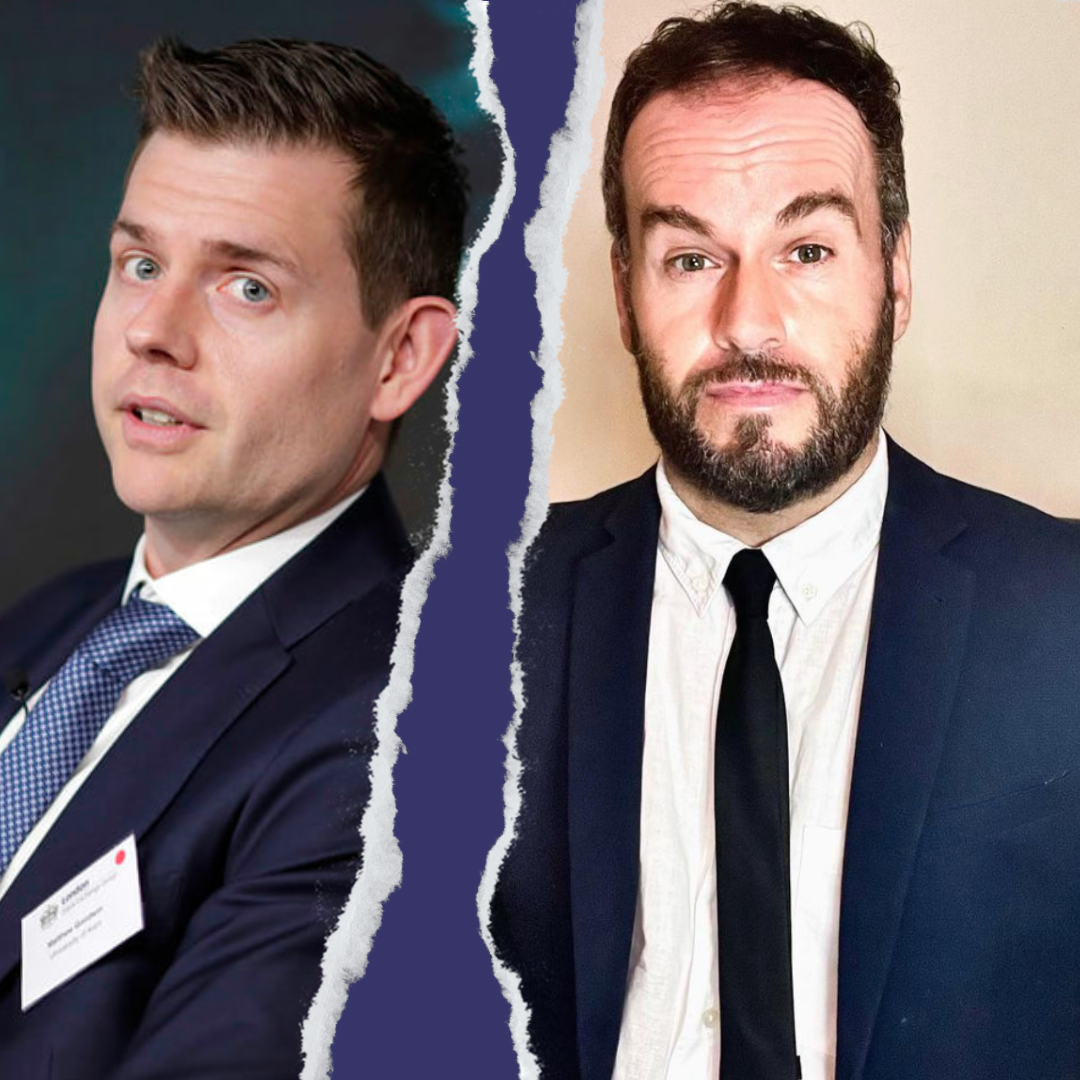Why are leftists making excuses for petty crime?
Too many posh ‘progressives’ think shoplifting and looting are politically radical acts.

Want to read spiked ad-free? Become a spiked supporter.
Today, we are witnessing the romanticisation of petty criminal behaviour. Time and again, middle-class ‘radicals’ in the media and academia claim that shoplifting is a protest against inequality or that looting is an act of resistance to government policies.
These pro-crime sentiments have been growing for a while among the Western left. In the UK, they first started to really take hold during the London riots in 2011. At the time, commentators happily claimed that the mass looting of local high streets was a justified response to the coalition government’s austerity policies. Some radicals genuinely seemed to believe that nicking Nike trainers from a sports shop in Tottenham was a meaningful political act.
Since then, such views have become more commonplace. In 2019, American Vicky Osterweil explicitly linked criminal behaviour to ‘progressive’ politics in her book, In Defence of Looting. Following the 2014-15 Black Lives Matter riots in Ferguson, Missouri, Osterweil claimed that condemning the destructive impact of BLM-inspired looting and unrest was ‘racist’ and stoked ‘anti-black’ sentiments. She urged her tenured comrades ‘to stand fast beside looters [and] rioters’.
This year, the huge spike in shoplifting in the UK has been dressed up by many in the broadsheet press as a legitimate response to the cost-of-living crisis. Guardian columnist Owen Jones has even argued that there is a moral case for shoplifting when it comes to certain essential goods. Stealing Calpol, for instance, is only ‘irresponsible’ if you think private-property rights are more important than ‘the wellbeing of a child’, he said.
The attempt to recast anti-social and criminal behaviour as a form of progressive politics has a long history. In their 1972 book, The New Criminology, radical academics Ian Taylor, Paul Walton and Jock Young argued that criminal behaviour is a voluntary, conscious rejection of social inequality. At the time, there was a lot of pushback from the left against this theory. It was criticised for ignoring the damage anti-social and criminal behaviour does to working-class communities. Critics countered that theft or looting are selfish acts that undermine collective, class-based solidarity.
Fifty years on, there has been a remarkable turnaround in how criminality is discussed. When Taylor, Walton and Young were writing, they were attempting to challenge the right’s use of criminal behaviour to smear and denigrate poorer communities. Now it seems that many on the liberal left are using criminal behaviour to smear and denigrate law-abiding citizens for supposedly supporting an iniquitous social structure. They claim that, by defending property rights and condemning theft, ordinary citizens are effectively on the side of big business, the authorities and the right-wing press.
By supporting and romanticising criminality, today’s middle-class radicals imagine that they are challenging the existing social order. In truth, they are only smearing working-class people as rabid reactionaries for objecting to stealing and looting in their communities.
In the Origins of Totalitarianism, Hannah Arendt argued that when elites start flirting with lumpen criminal elements in society, it shows they have grown contemptuous of civilisational values. This captures well what is driving the left-leaning elites’ endorsement of petty criminality today. They are actively disavowing the values and laws that hold our society together.
In many ways, it’s easy for the comfortable classes to endorse petty criminality. After all, it’s working-class communities that have to bear the brunt of its impact. They are the ones who have to witness the routine shoplifting, put up with rampant anti-social behaviour and live with the impact of fraying communal bonds.
Matters are made much worse by the fact that the state is also failing to protect citizens from petty crime and anti-social behaviour. On Bonfire Night this year, people in parts of Glasgow and Edinburgh complained that local youths were targeting them with fireworks and rockets, but the police seemed unable or unwilling to intervene. If the state cannot protect citizens from violent criminal actions, it calls into question its very purpose.
We shouldn’t overstate the extent of anti-social behaviour and criminality. But they are major problems. What’s worse, this behaviour is being encouraged by our cultural and media elites. They are increasingly unwilling to defend moral boundaries and the rule of law. Liberals and left-wingers may imagine that they’re cheering on modern-day Robin Hoods. But all they’re really doing is undermining the bonds that hold society together. We ignore this retrograde trend at our peril.
Neil Davenport is a writer based in London

Matthew Goodwin and Brendan O’Neill – live and in conversation
Wednesday 20 December – 6.15pm to 7.15pm GMT
This is a free event, exclusively for spiked supporters.
Picture by: YouTube.
Who funds spiked? You do
We are funded by you. And in this era of cancel culture and advertiser boycotts, we rely on your donations more than ever. Seventy per cent of our revenue comes from our readers’ donations – the vast majority giving just £5 per month. If you make a regular donation – of £5 a month or £50 a year – you can become a and enjoy:
–Ad-free reading
–Exclusive events
–Access to our comments section
It’s the best way to keep spiked going – and growing. Thank you!









Comments
Want to join the conversation?
Only spiked supporters and patrons, who donate regularly to us, can comment on our articles.